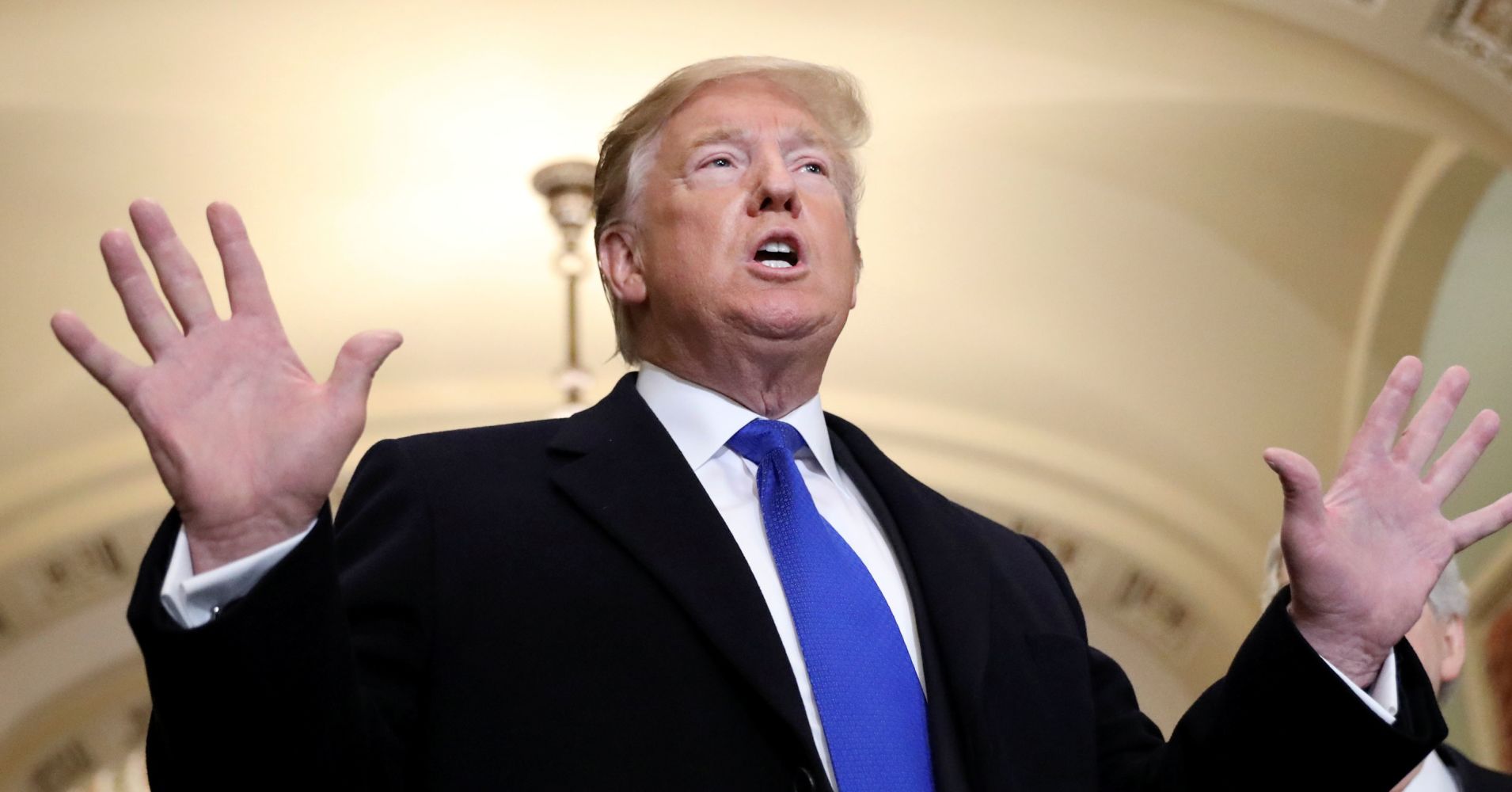Indeed, the above-trend growth in GDP since Trump became president has come on the back of massive fiscal adrenaline, courtesy of a huge tax cut, deregulation and hopes for infrastructure spending.
Keeping the momentum going is a high-stakes game for the president. Zandi modeled various political scenarios and each found Trump easily winning re-election in 2020 — if the economy can stay afloat.
“You’ve got to settle this trade war with China,” Zandi said. “Otherwise he’s going to make things much more difficult for himself when he runs for election.”
The momentum early in the year is not on Trump’s side, nor does it seem to be pointing to recession. The final reading of fourth-quarter GDP showed growth at just 2.2 percent to finish off a year where gains hovered right around 3 percent. However, estimates for the first quarter show an increase of just 1.5 percent, beginning what could be a tough road ahead.
The administration is expected to roll out an infrastructure program aimed at boosting growth, but chances of its passage are slim. Democrats controlling the House are unlikely to want to give Trump an economic win with the election hovering just overhead.
“If I was in the administration right now, the best thing for them to do is get this trade stuff closed and for Trump … to shut up and let the economy be,” Blitz said.
That, of course, is the other option, and it’s one not being completely dismissed. Many Wall Street economists, in fact, believe the yield curve inversion is not as ominous as usual, and some are still making room for a rate hike either later this year or early in 2020.
“The problem with using the yield curve as a guidepost for policy is that it’s not always 100 percent accurate,” said Sean Snaith, director of the University of Central Florida’s Institute for Economic Competitiveness. “While it is the case that every recession has been preceded by an inversion of the yield curve, every time the yield curve has inverted there has not been a recession.”
Among Snaith’s concerns are that the economic data suggesting a slowdown could be clouded now by the government shutdown and temporary weather factors. If he was a policymaker, he would wait, despite how much Wall Street wants easier policy.
“Hope springs eternal on Wall Street. I’m sure financial markets would love to see a surprise cut to juice things up. With an eye on the long term, I’m not sure that’s a prudent path of policy,” he said. “The real economy’s suggesting things are slowing down. Perhaps contemplating a rate cut at some point in the year makes sense. I would wait for more information.”

